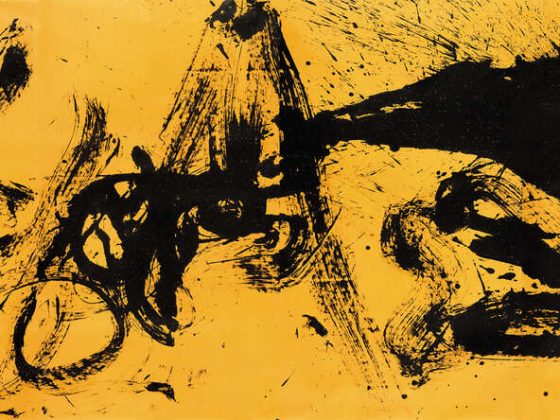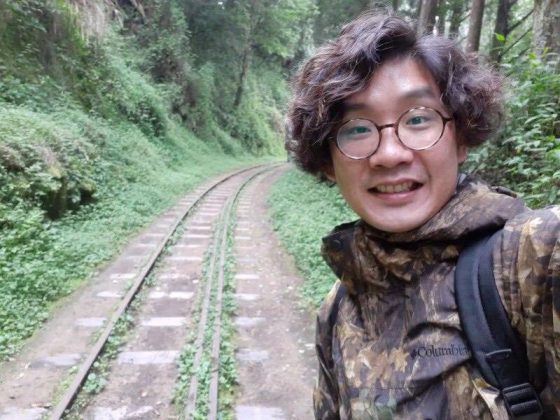WORDS BY Joe Henley
PHOTOS BY Riverside Live House & Riverside Music Café, Witch House, The Wall, Revolver, Legacy, TS
Music would be nothing without the cities that give birth to it — songs, genres, and entire albums reflect the cities in which they were incubated and within each one is something unique to that place. This is a song from Dylan’s New York period. That is an album from when Tom Waits was still slumming around L.A.’s Skid Row. And this — this is a song by The Chairman (董事長樂團), from the days when they were still finding themselves at a dingy little basement club in Shida (師大), Taipei, called Underworld (地下社會). (Read Also: An Island of Festivals – Exciting Music Events Around Taiwan)
For decades, cover bands reigned supreme in Taipei’s clubs. It wasn’t until the mid-to-late 1970s when the Campus Folk Movement (校園民歌), spurred by a deep desire to assert the unique Taiwanese identity, began a shift away from western domination of the nation’s stages and dance floors.
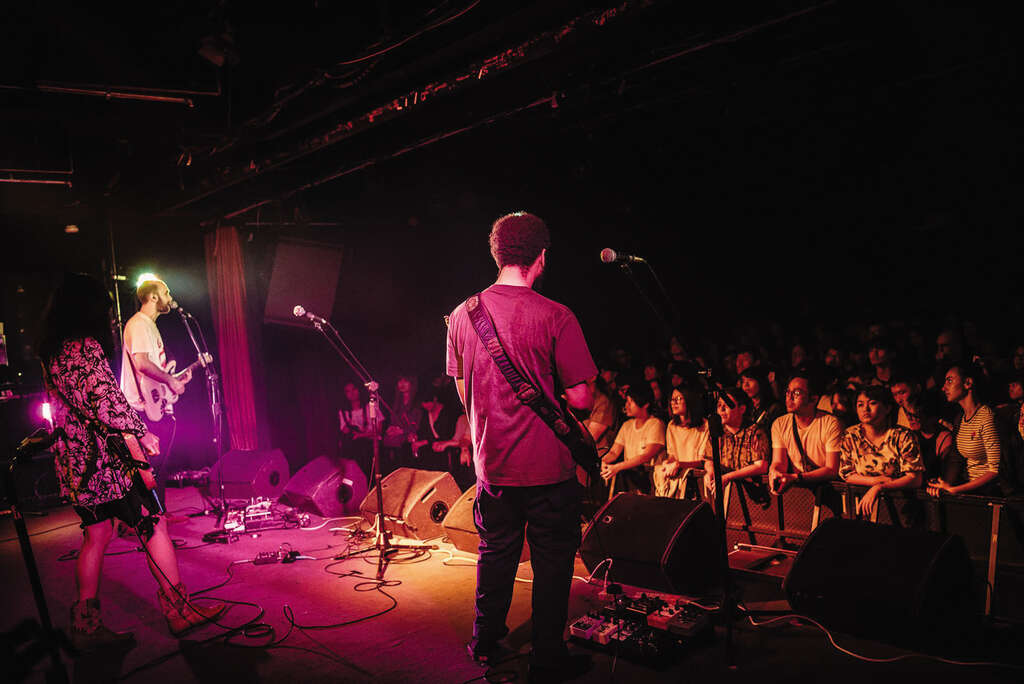
Fast forward to the 1990s. Martial law, ended in 1987, is over, and so begins a new and more open era for Taiwanese music and art. SCUM, a Taipei performance space, becomes the first Taipei venue to insist that bands perform at least one original song in their set. Other venues soon follow suit. Punk, post rock, metal, noise — all of it comes rushing in like a flood as artists flourish in a new atmosphere of creative freedom.
Now, some two decades later, that same passion that filled Taipei’s first real live houses (the local vernacular for venue) still runs deep, and you can feel it most any night of the week, at everything from intimate, small-scale clubs to large world-class event centers all over town. (Read more: 5 acts to see at 2019 World Music Festival in Taipei)
RIVERSIDE LIVE HOUSE (西門河岸留言) & RIVERSIDE MUSIC CAFE (公館河岸留言)
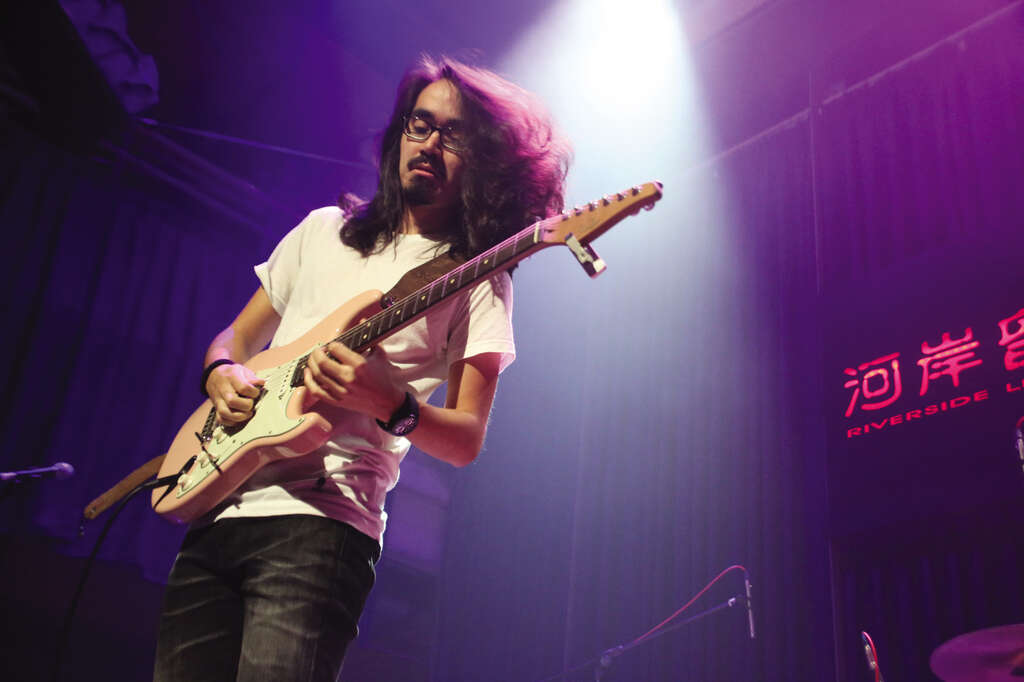
Open since the turn of the millennium in Taipei’s Gongguan (公館) neighborhood, not far from the National Taiwan University campus, it was once a place where bands had to audition in person before taking to the intimate stage. New bands would be put through their paces before being deemed stage-worthy or not, and as such the cafe became something of a proving ground for young bands looking to see whether they had what it takes to make the move from the practice space to the live setting. Over the years, it has also become a place for established rock, pop and indie bands to play, though Monday evenings are reserved for an open jam, where anyone can sign up and get up on stage to try out some new material.

In 2008, another offshot Riverside Live House was opened in Ximending (西門町), housed in the brick building known as the Red House (紅樓). Larger than the Gongguan branch can accommodate, this 650-capacity venue is equipped for Taiwan’s mainstream rock and indie mainstays, giving them the ability to stage a full production in a more intimate and immediate setting for their fans than they might otherwise put on when they play the nation’s arenas and concert halls. Besides, the area around the live house is home to Taipei’s lively LGBTQ district, a thriving collection of welcoming chic and friendly outdoor bars. The LGBTQ culture, indie music and a thriving collection of welcoming outdoor bars have together drawn a vibrant cultural scene of Taipei City.

Riverside Live House
177, Xining S. Rd., Wanhua Dist.
Opening Hours may vary depending on the nature of events.
Tickets are available on site at 6:00pm on event days.
Riverside Music Cafe
B1, 2, Ln. 244, Sec. 3, Roosevelt Rd., Zhongzheng Dist.
Monday to Sunday, 7:00pm – 00:30am
WITCH HOUSE (女巫店)
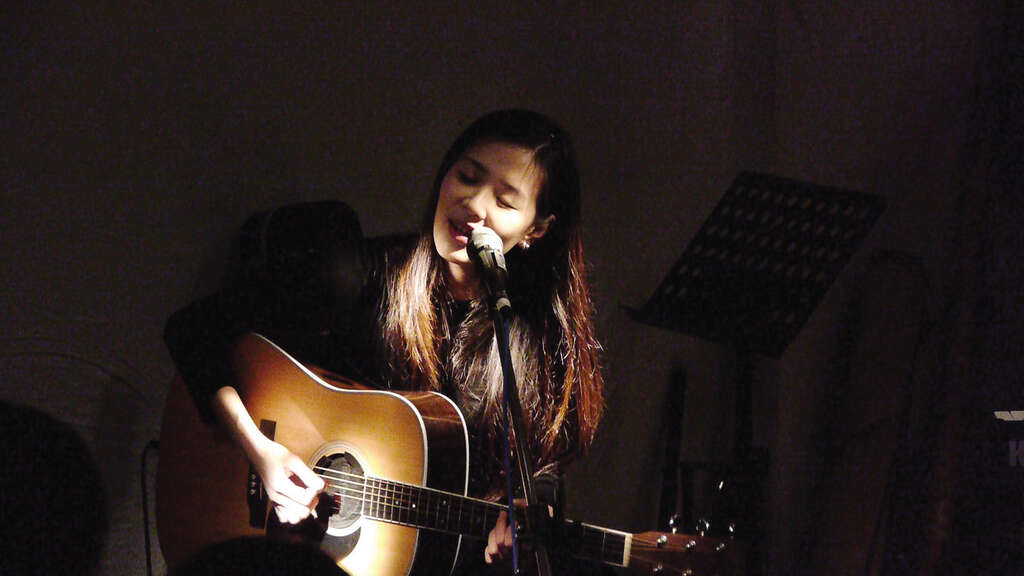
Witch House is another Taipei music venue that is as much a part of the foment of Taipei indie as the bands themselves. The aforementioned Underworld, shuttered in 2013, has been called the CBGBs (seminal New York underground music club) of Taipei, but that title could just as easily be applied to Witch House. Open since 1996, Witch House started up after the demise of SCUM in the mid-nineties, first catering mostly to rock and metal bands, later stripping things down and going for a more unplugged/indie/folk audio aesthetic. Many established singers were nurtured here in their early career and thus the small venue is praised as a cradle of Taipei’s indie music.
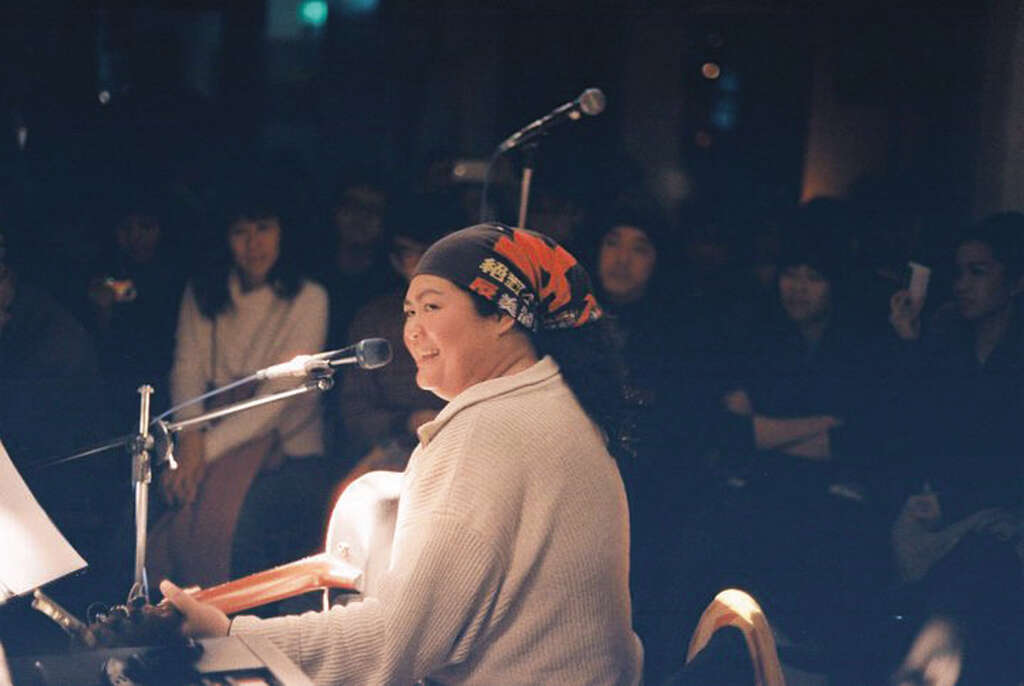
Moreover, Witch House is admired for its support for female performers. The café, together with “fembooks” (女書店) on the second floor, is regarded as Taipei’s feminist icon which champions women’s liberation, as evidenced throughout the café’s interior artwork and decorations featuring women’s lingerie and other symbols of unbridled feminine freedom. Furthermore, there weren’t many places for female musicians to perform before, and so the venue cultivated a stage and space for women to feel free to express themselves. As such, some of Taiwan’s biggest female singer/songwriters such as Cheer Chen (陳綺貞), Sandee Chan (陳珊妮), and Anpu (安溥) all got their start at Witch House before going on to achieve great fame on the broader Taiwan and Asia stage.
There was a scare in 2011 when Witch House almost fell victim to the same urban redevelopment plans that spelled the end of Underworld. Fortunately, it was allowed to remain standing, providing a much-needed dose of progressive thinking and great music for future generations to hear from the independent women.
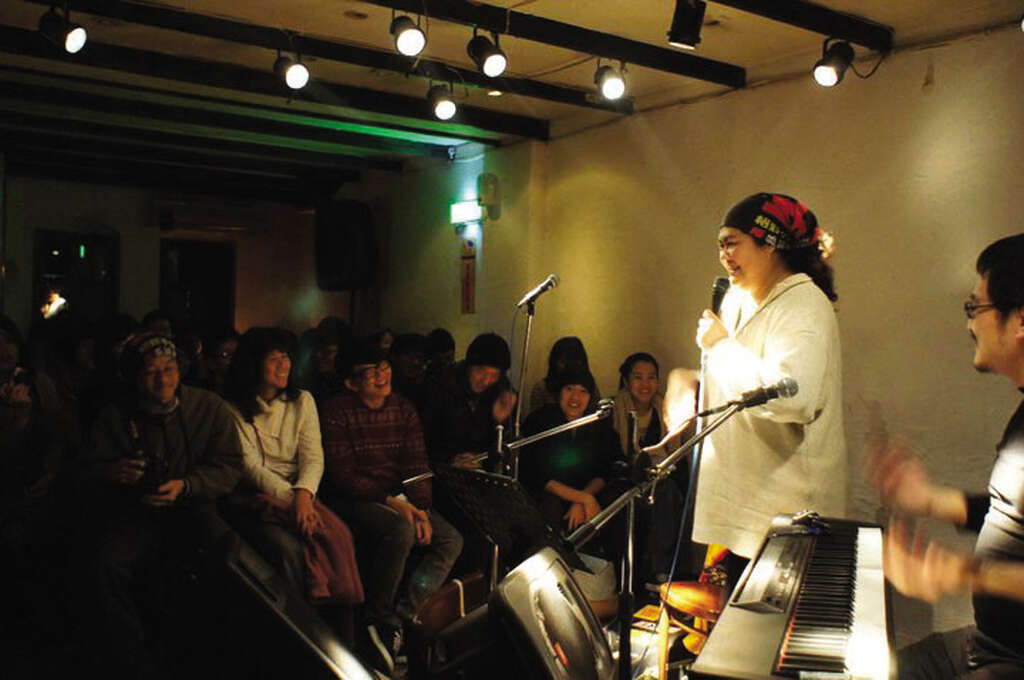
Witch House
7, Ln. 56, Sec. 3, Xinsheng S. Rd., Daan Dist.
Sunday to Wednesday, 10:00am – 11:00pm
Thursday to Saturday, 10:00am – 12:00 midnight
THE WALL
The Wall came along in 2003, founded in part by two members of Taipei music royalty. Freddy Lim (林昶佐) the front man of metal band ChthoniC (閃靈樂團) and Ji Dong (阿吉) from The Chairman. The Wall was established based on a strong concept of creating a space for all kinds of music and free expression, where bands playing original material could say and do what they want without fear of reprisal.
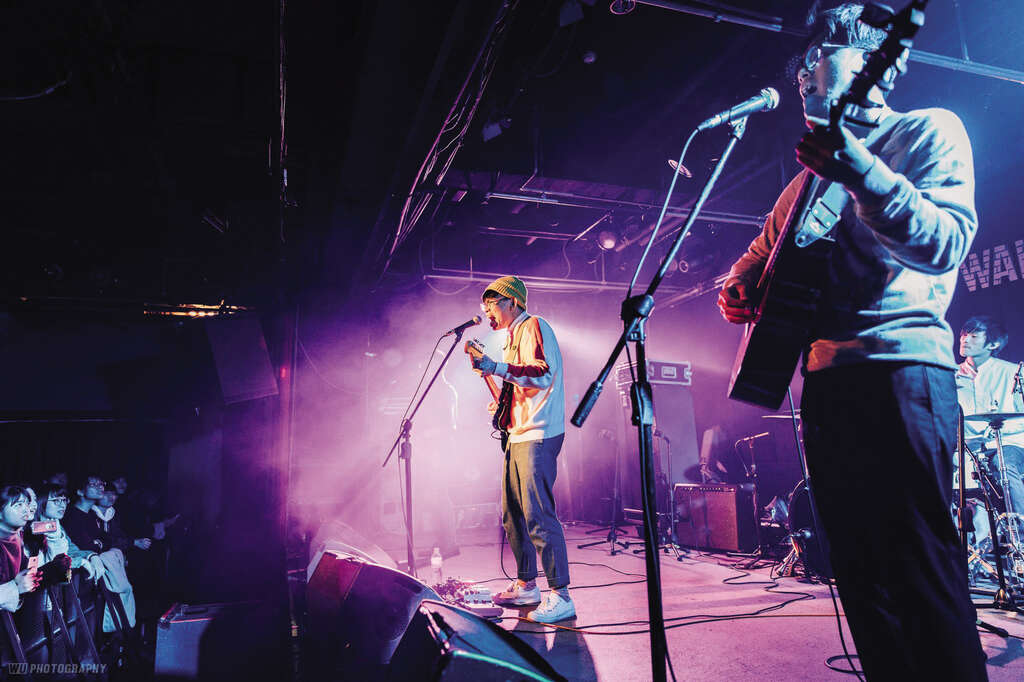
From the mid-2000s onward, The Wall was the stage young musicians dreamed to play on, especially for Taipei’s metal heads who share the same passion as the founders, as The Wall began to draw a bevy of international metal artists like Bay Area Thrashers Exodus or Tampa Florida’s legendary death metal band Cannibal Corpse, many of which were playing Taipei for the first time. The 600-plus capacity live music venue was once named one of the top 10 attractions in Taipei by New York Magazine. Music lovers are welcomed to walk down the spiral staircase to the rebellious basement and enjoy the true rock vibe of the city that lives at night.
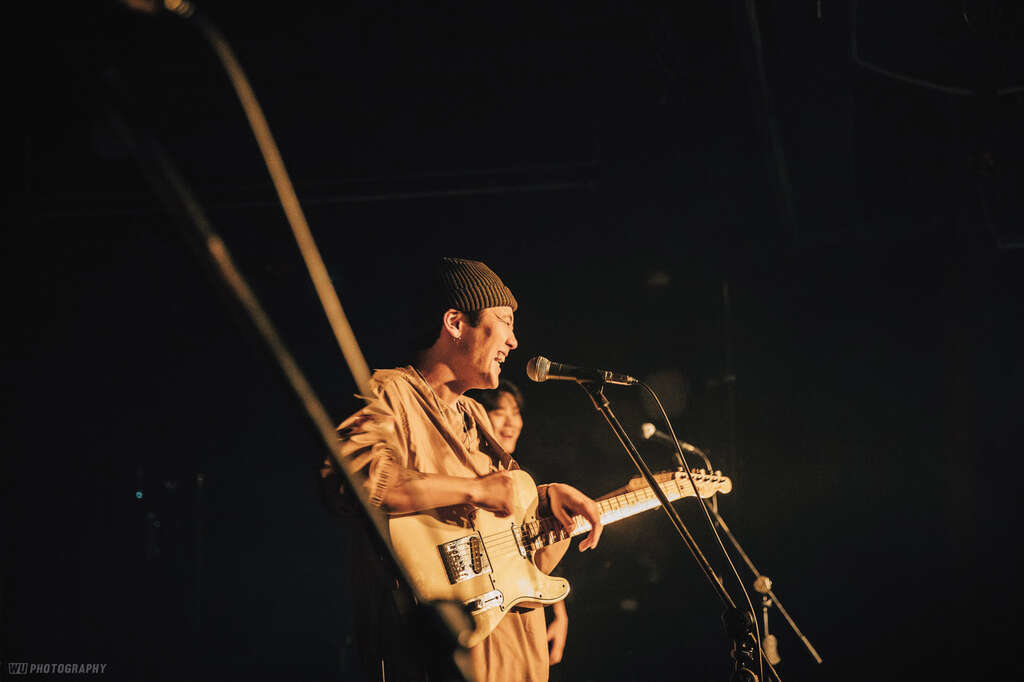
Since those heady days, The Wall has changed hands a couple of times over but its influence and rock spirit remains strong. Nowadays, rock fans line up at The Wall not only for international music icons but also for local young bands who touched the audiences with true voices while playing on their dream stage. Just like many of their heroes have done before, the music lives as the song kept being sung.
THE WALL
200, Sec. 4, Roosevelt Rd., Wenshan Dist.
Wednesday, 8:00pm – 12:00 midnight
Thursday to Saturday, 7:00pm – 3:00am
Sunday, 7:00pm – 12:00 midnight
REVOLVER
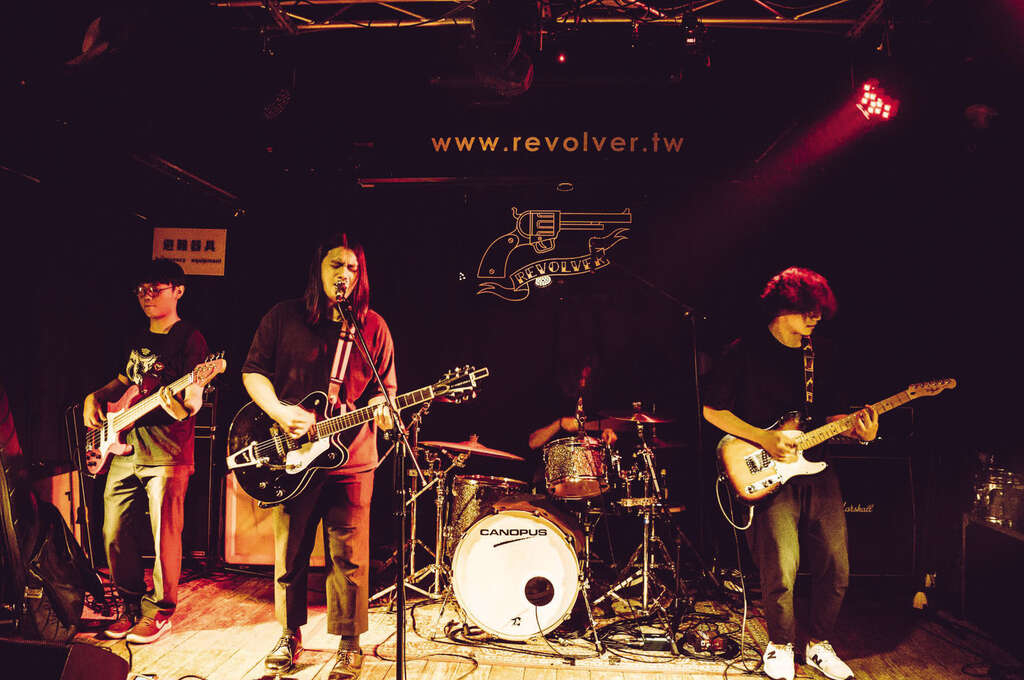
If there is a modern-day Ground Zero for Taipei musicians of almost any ilk, it’s Revolver. Located near Chiang Kai-shek Memorial Hall (中正紀念堂), the two-story establishment (drinks downstairs, music upstairs), set up by a pair of British expats in 2010, serves as a seven-days-a-week live music haven for all kinds of artists from rock to metal to punk to hip hop to electronic to experimental and everything in between. As such, Revolver has become something of an incubator for the New Sound of Taipei, the way Underworld once was, where musicians young and old put their varied styles on display. (If you like Revolver, check out Drink Like a Local)
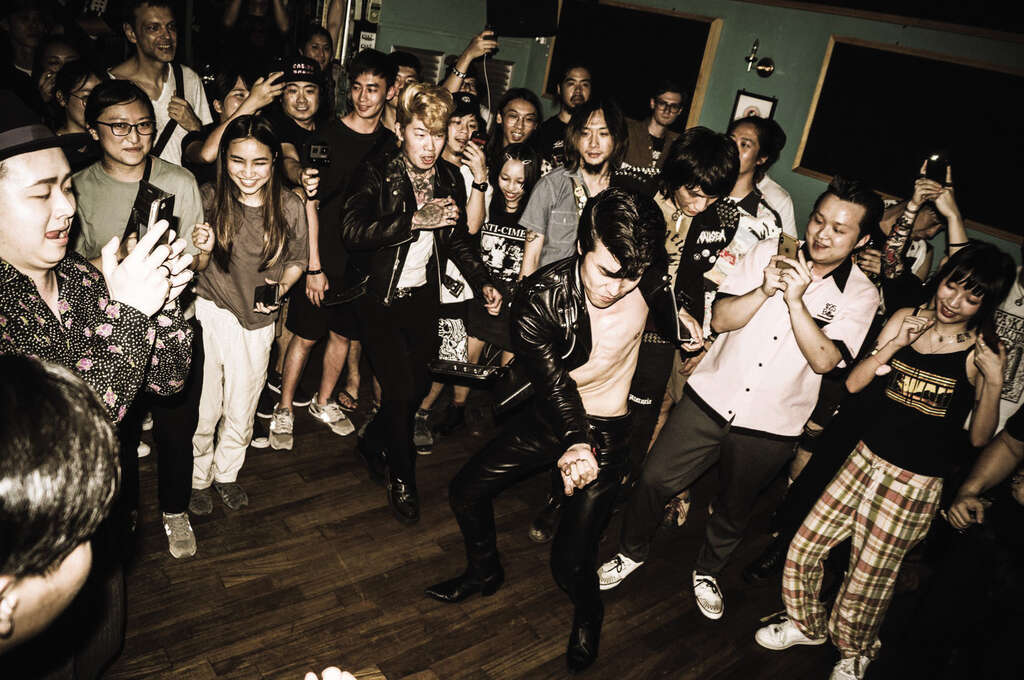
The interior of the first floor is eclectic, featuring artwork depicting the likes of everyone from classic rock icons David Bowie and Jimi Hendrix to metal acts Carcass and Napalm Death. Behind the bar is an iconic handwritten note that reads “No Coldplay,” a nod to the fact that this is a place fiercely for forward-thinking independent music and vehemently against pop star pablum.
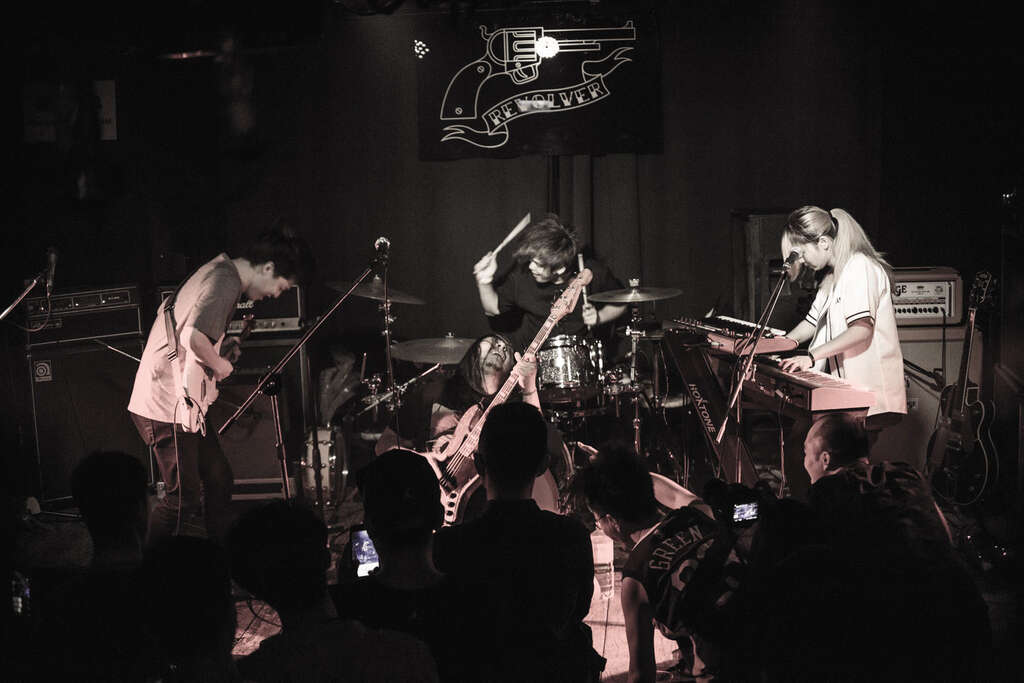
Capacity upstairs is capped at 100 and when the place is packed out there’s no greater atmosphere to catch one of Taipei’s many great up-and-coming acts. Many of the world’s smaller venues are plagued by sound issues, but Revolver has a topnotch PA system, solid back-line equipment, and sound technicians who by virtue of doing this most every night know how to make everything run like a well-oiled machine. Revolver is also one of the few places where Taipei’s expat and local music communities truly mingle, bringing people of all nationalities and musical tastes together.
Revolver
1-2, Sec. 1, Roosevelt Rd., Zhongzheng Dist.
Monday to Thursday, 6:30pm – 3:00am
Friday & Saturday, 6:30pm – 4:00am
Sunday, 6:30pm – 1:00am
LEGACY
For a long time in Taipei, there was no middle-step from the clubs to the arenas — no mid-size venues or halls where large or large-ish international bands could play, forcing promoters to rent out spaces like veterans halls and even high school gyms whenever bands with a drawing power of at least a thousand but less than that which could fill an arena announced a tour of Asia. Then, in 2009, Legacy opened in Taipei’s Huashan 1914 Creative Park. The live music spot was a welcome addition to the fold, setting up shop sandwiched between an exhibition space and an art-house theater.
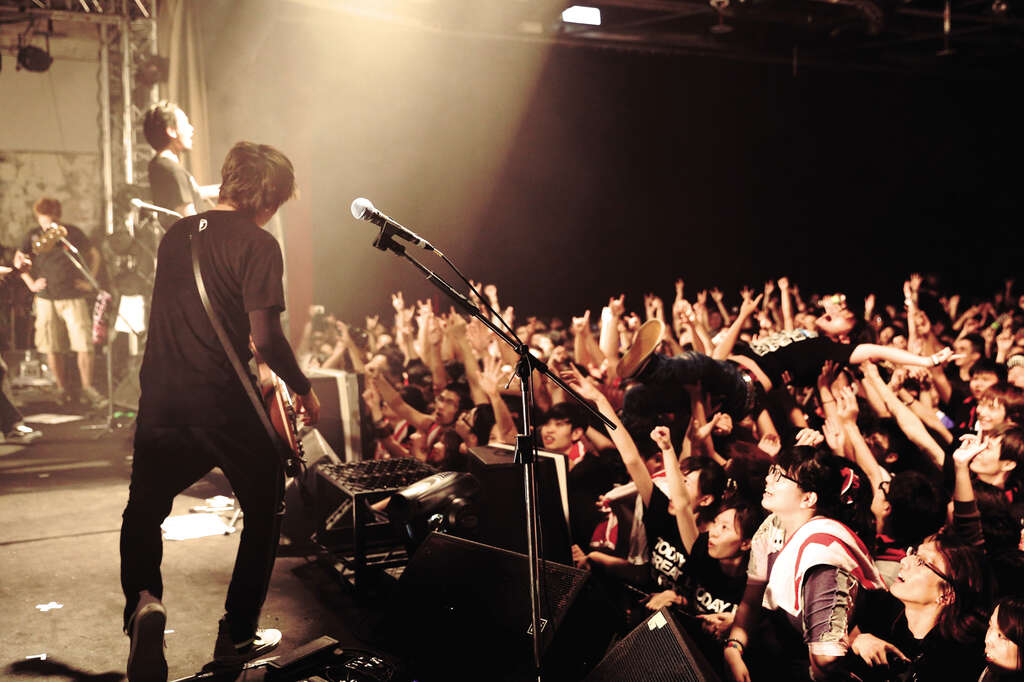
Over the years Legacy, which can accommodate up to 1,200 fans, has played host to an enviable roster of international indie acts from Neutral Milk Hotel to The Jesus and Mary Chain and even a pair of raucous performances by New York No Wave icons Swans. It’s a place, like most spaces in Taipei, that is open to all kinds of music and is one of those venues that has helped Taipei attract an ever growing quantity of high-caliber artists from all over the world with its professionalism and unique setting within the cavernous former warehouse, where the roots of surrounding trees have grown into the roof and walls.
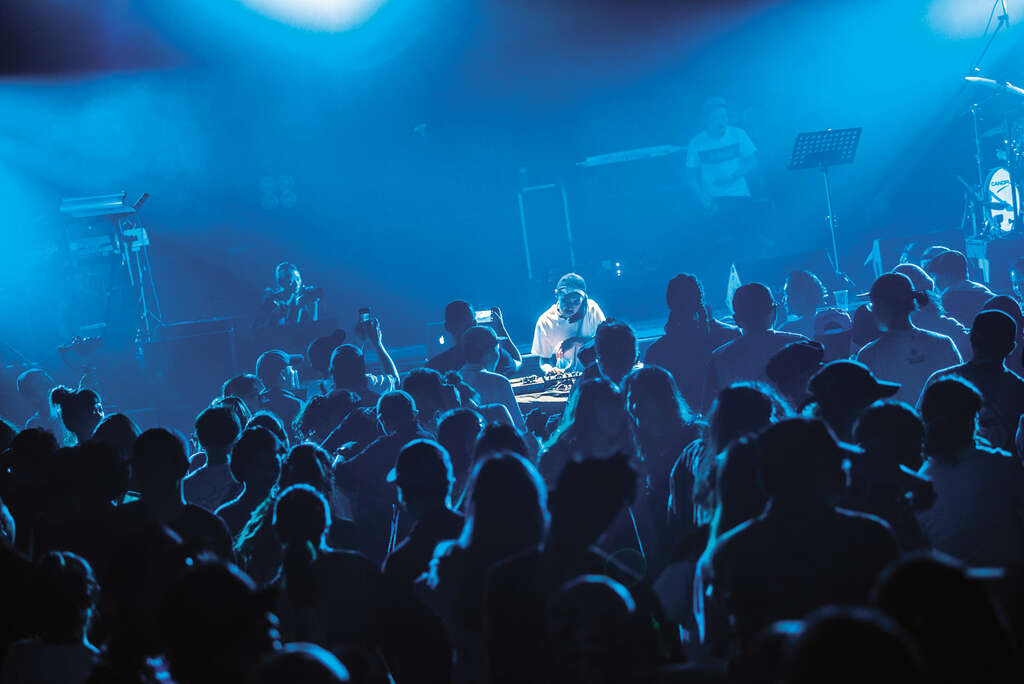
Legacy
1, Sec. 1, Bade Rd., Zhongzheng Dist. (M5 in Huashan 1914 Creative Park)
Opening hours may vary depending on nature of events.
It can be said without hyperbole that there has never been a better time to experience the live music scene in Taipei. Every music community goes through its ups and downs, its periods of falling in and out of love with itself. But in Taiwan’s capital city, bands both new and established are being nurtured in an environment where at every level they know they have a place — a home. It’s helping the city develop and evolve its own sound, and it’s a sound that deserves to be heard.
This article is reproduced under the permission of TAIPEI. Original content can be found at the website of Taipei Travel Net (www.travel.taipei/en).


